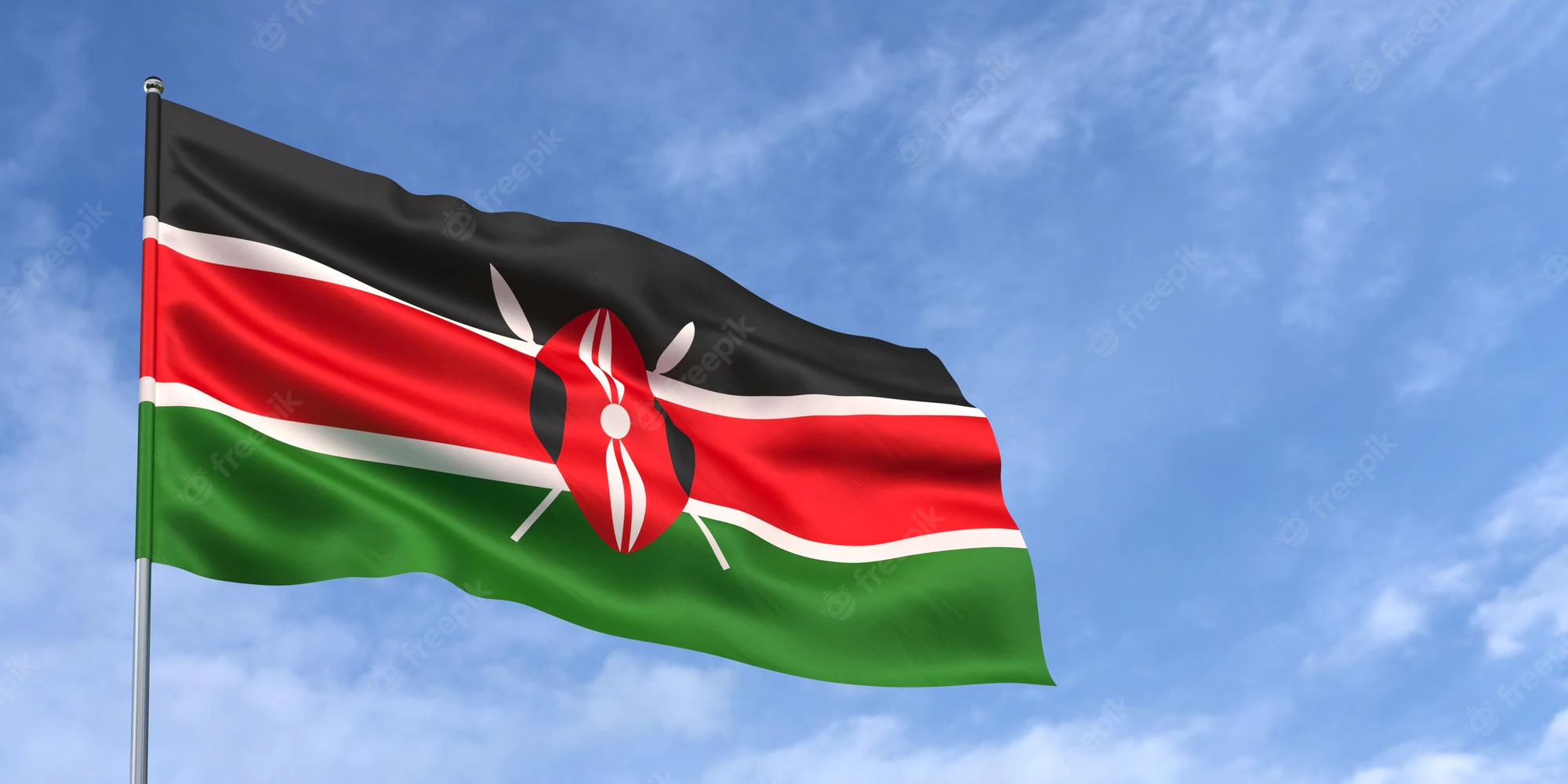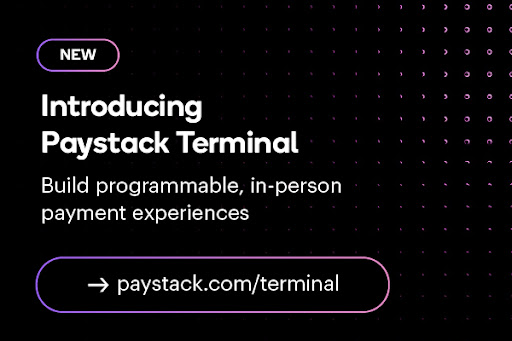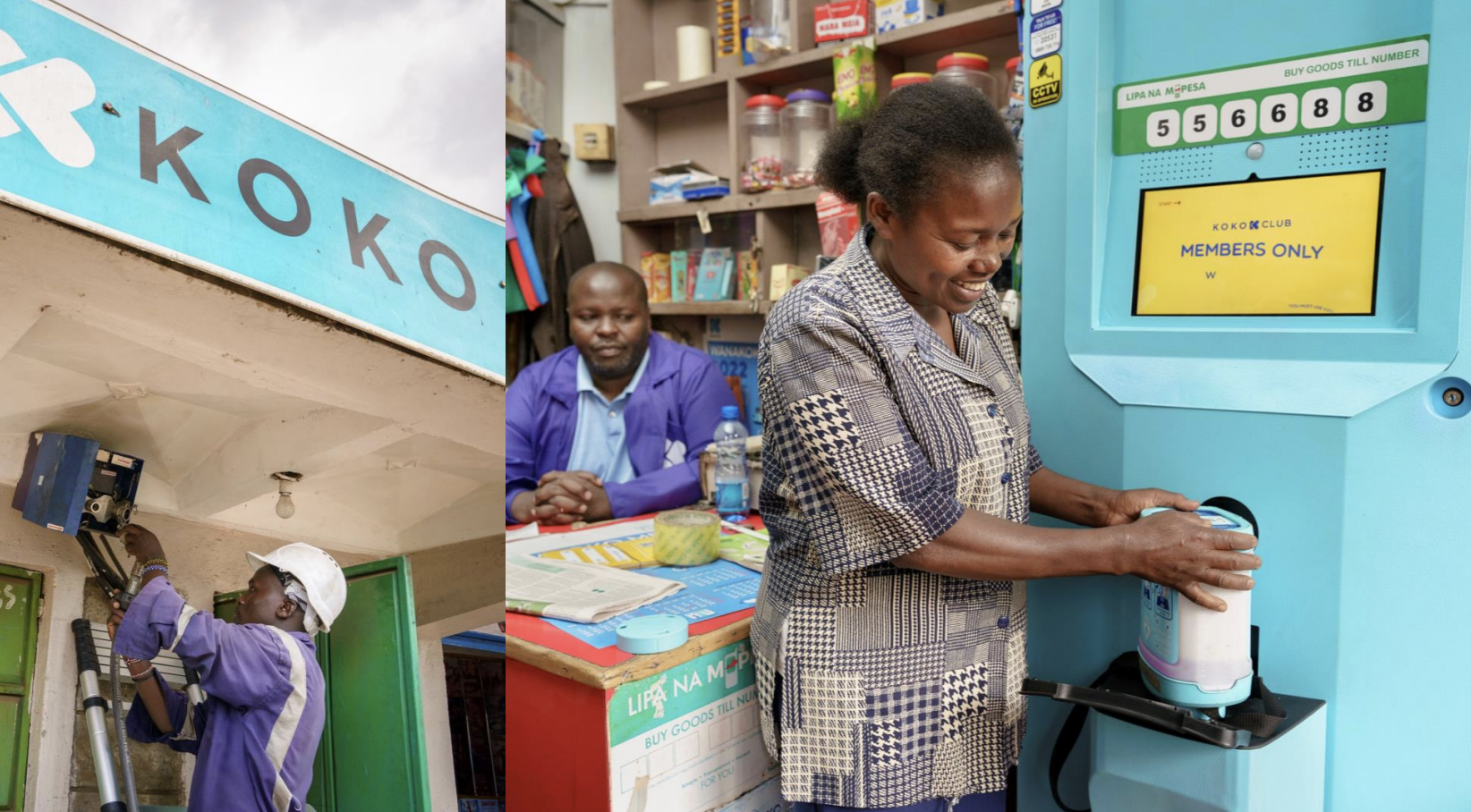
IN PARTNERSHIP WITH

Happy pre-Friday 🎊
We’re getting pretty tired of writing full blurbs about layoffs in the global tech space; there’s nothing new or exciting about CEOs and leadership teams making poor decisions that don’t match “current economic realities”.
So here’s an update on which companies have announced layoffs this week:
- On Monday, Spotify announced that it would lay off 6% of its employees—about 600 people—because its CEO was “too ambitious in investing ahead of revenue growth.”
- Uber Freight, a division of Uber, is laying off 3% of its workforce—about 150 people—due to economic uncertainties.
- Cryptocurrency exchange platform Luno announced yesterday that it’s laying off 35% of its staff—about 315 people—after surviving an “incredibly hard year for crypto”.
To wrap it up, investment company Prosus and its South Africa-headquartered parent company Naspers are laying off 30% of their global workforce—9,000 people. Unlike other companies, though, Nasper and Prosus will space out the layoffs over a 12-month period.
The company, however, did not specify if affected employees would be notified early, or if they’ll be left agitated.
CRYPTO MARKET

|
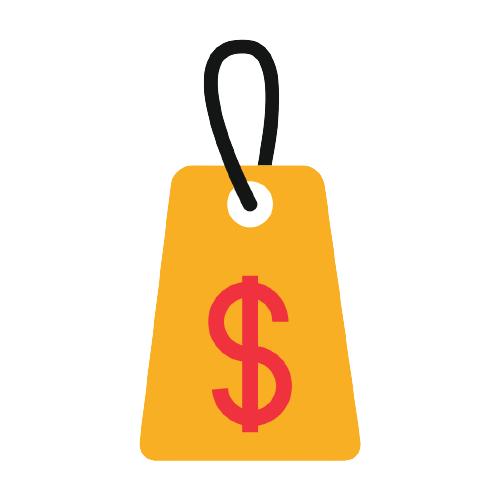
|
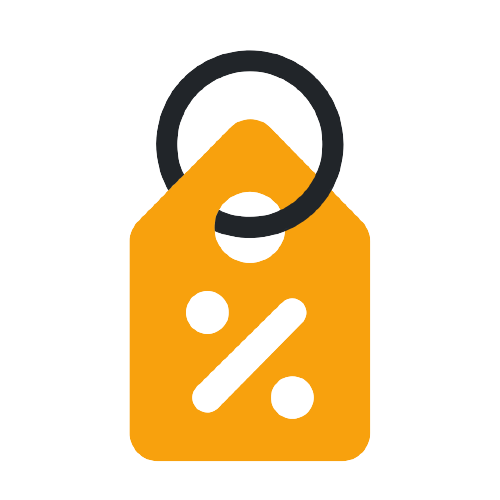
|
|---|---|---|
|
Bitcoin 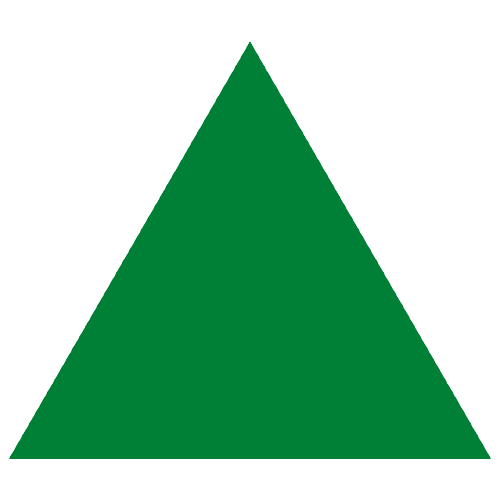
|
$23,143 |
+ 2.29% |
|
Ether 
|
$1,614 |
+ 4.45% |
|
BNB 
|
$306 |
+ 2.23% |
|
Solana 
|
$24.82 |
+ 8.51% |
|
|
Source: CoinMarketCap
|
|
* Data as of 04:50 AM WAT, Janaury 26, 2023.
MTEK PARTNERS TO PROVIDE DIGITAL INSURANCE TO 100,000 TRADERS

mTek, a Kenyan insurtech company, believes that everyone needs insurance, including the small corner shops scattered across the country.
Now, it has partnered with Kyosk.app and Fin Africa to make insurance a reality for 100,000 of these corner shops—or dukas, as they’re fondly called in Kenya.
It’s nice doing business with you🤝
According to the partnership, Kyosk.app will facilitate a direct link to its network of 100,000 traders while Fin Africa will provide the financing for mTek’s tailored insurance product. Teamwork makes the insurance work, after all.
A collaboration that hits home
Kenya, like the rest of Africa, is reported to have a low insurance penetration—about 2.17%, according to public records. And, as it turns out, the same category of people who don’t have any form of insurance are exposed to some of the biggest risks threatening their lives and properties.
A collaboration like this that provides a tailored, paperless, end-to-end insurance product for the under-insured informal sector—a sector that comfortably employs 80% of employed Kenyans—is a welcome development that could contribute to increased insurance penetration in the East African country.
Receive money from family and friends living abroad in minutes this holiday season with $end.
Visit send.flutterwave.com and do it now!
This is partner content.
KENYA DRAFTS REGULATORY SANDBOX FOR FINTECH AND INNOVATORS
The Communications Authority of Kenya (CAK) has published a draft of the “Framework for Emerging Technologies Regulatory Sandbox” and is seeking feedback from the public by February 3, 2023.
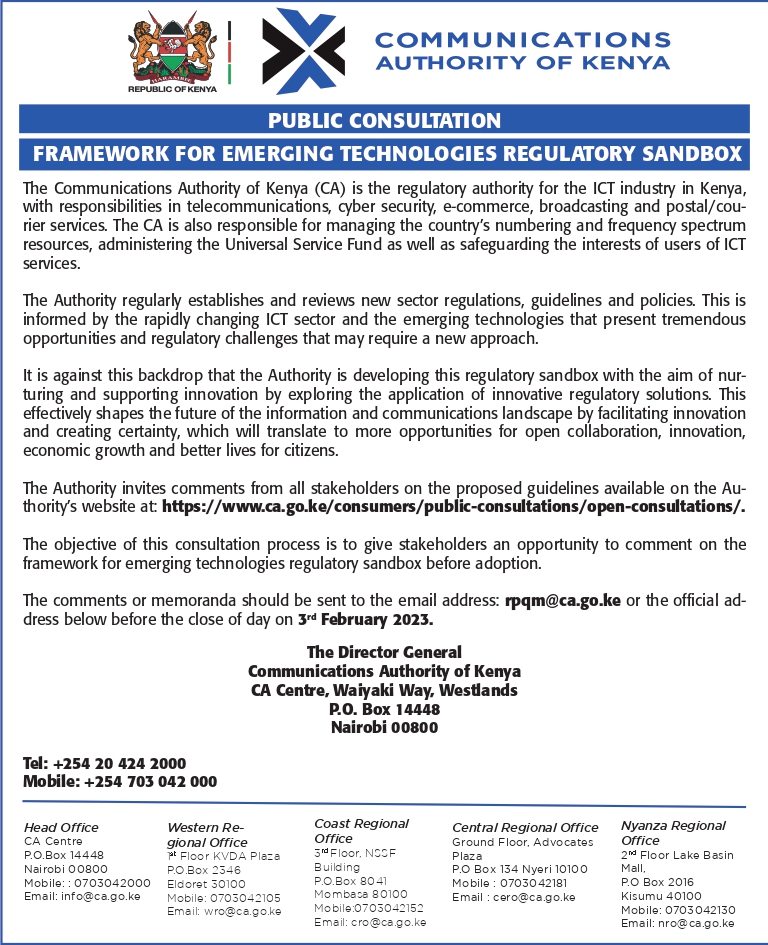
What is the sandbox for?
The CAK has the responsibility of establishing and reviewing regulations that guide ICT and new technologies, but it has realised that current regulations cannot adequately cater for emerging technologies such as those in fintech, cybersecurity, and other sectors.
The sandbox is an evidence-based, controlled environment in which such fintech startups and other innovators can conduct live tests of new services and products that do not easily fit in the current regulatory framework. The Sandbox Framework aims to provide regulators with the understanding they need to encourage innovation, growth, and healthy competition in the ICT sector.
It’s not just regulators that will benefit from this sandbox
The sandbox framework can reduce delays that are due to regulatory uncertainty by one-third. By removing regulatory uncertainty, it can also increase access to financing, lead to more solutions potentially being introduced to the market, contain the impact of failure on consumers and the innovator, and provide incubatory acceleration for the startups.
Has this been tried before?
The Sandbox framework isn’t a novel idea. It has been adopted in several ways in African countries like Mauritius, Rwanda, Sierra Leone, and Mozambique. Even in Kenya, some regulatory authorities have embraced the use of regulatory sandboxes, specifically in the financial sector.
The CAK is inviting Kenyans who have comments on the proposed guidelines to send them via email to rpqm@ca.go.ke by February 3, 2023.
US SUES GOOGLE OVER AD TECH MONOPOLY

The US is accusing Google of playing monopoly the wrong way.
The US Department of Justice (DOJ) and eight states have sued Google over its alleged anticompetitive, exclusionary, and unlawful monopolisation of the digital advertising market. They are also calling for the divestment of the search giant’s ad technology business and the restoration of competition to digital advertising.
Monopoly is not illegal in the United States, but leveraging market dominance to squash competitors is.
According to the DOJ, Google has been neutralising ad tech competitors through a series of acquisitions and using its dominance across the digital ad markets to force more publishers and advertisers to use its products while disrupting their ability to use competing products effectively. Apparently, this pattern of behaviour can be traced back to when Google purchased online advertising company, DoubleClick.
On the other hand, Google has repeatedly said that the digital ad business is robust and competitive, highlighting major competitors such as Meta, Amazon, and Microsoft. In a statement, Google wrote that the “DOJ is doubling down on a flawed argument that would slow innovation, raise advertising fees, and make it harder for thousands of small businesses and publishers to grow”.
The DOJ, which was reportedly contemplating this lawsuit for years, doesn’t agree and states why with chronological evidence in this 153-page document.
Build programmable, in-person payment experiences with Paystack Terminal.
This is partner content.
EVENT: STATE OF TECH IN AFRICA Q4 2022
Join us on January 27, on a special edition of TechCabal Live. We’ll be launching “The State of Tech report”. The State of Tech Report is our flagship report that analyses quarterly data on acquisitions, expansions, product launches, and funding in Africa’s tech ecosystem.
This edition looks at 2022 in retrospect and contains interesting patterns and trends to look out for this year. At the event, we will discuss actionable insights and findings from the report with you and share our perspectives on the outlook of Africa’s tech landscape.
IN OTHER NEWS FROM TECHCABAL
Google employees in Africa are anxious about the recent layoffs.
This Senegalese farm is training the next generation of African data engineers.
Ask An Investor: Plug and Play’s multifaceted approach to supporting startups and innovation in Africa.
OPPORTUNITIES
- The GROW Impact Accelerator is now accepting applications from agritech startups offering solutions to the problems facing the processing, packaging and transportation of food. Apply by January 30.
- The 100x Impact Accelerator is open to applications from impact-driven social enterprises that work across eight sectors including health, climate and education. Selected enterprises selected will receive £150,000 grants and access to LSE’s world-class expertise, plus a 12-week programme of bespoke support from experts and social unicorn founders. Register by March 10.
- Do you have what it takes to become the next supplier to leading South African enterprises in the furniture sector? Apply for the 2023 eThekwini Furniture Cluster Acceleration Programme. Apply by February 28, 2023.
- The Jasiri Talent Investor Programme is looking for highly driven individuals with a history of achievement and/or entrepreneurial action who aspire to launch a high-growth venture. Apply by April 23, 2023.
- Application for the first cohort of the SME Growth Lab Africa’s accelerator programme 2023 is now open. The digital accelerator programme is designed to empower business owners with digital skills, knowledge, mentorship and community events with the aim of transforming their businesses and driving economic growth. Apply by January 30, 2023.
- The GSMA AgriTech Accelerator is now accepting applications from innovative, revenue-generating digital agriculture solutions that support the shared vision of improving smallholder farmers. Cohort members will benefit from targeted consulting from the GSMA team, user experience and product design/management support, farmer feedback surveys, access to GSMA events and insights and capacity building for investor readiness. Apply by February 10, 2023.
- Are you an ambitious and innovative leader who wants to learn how to bridge the gap between desire and action on sustainability? Then apply to join the Swedish Institute Management Programme 2023. Apply by February 13, 2023.









